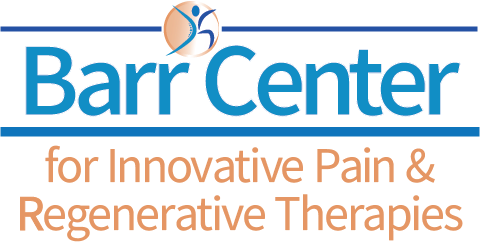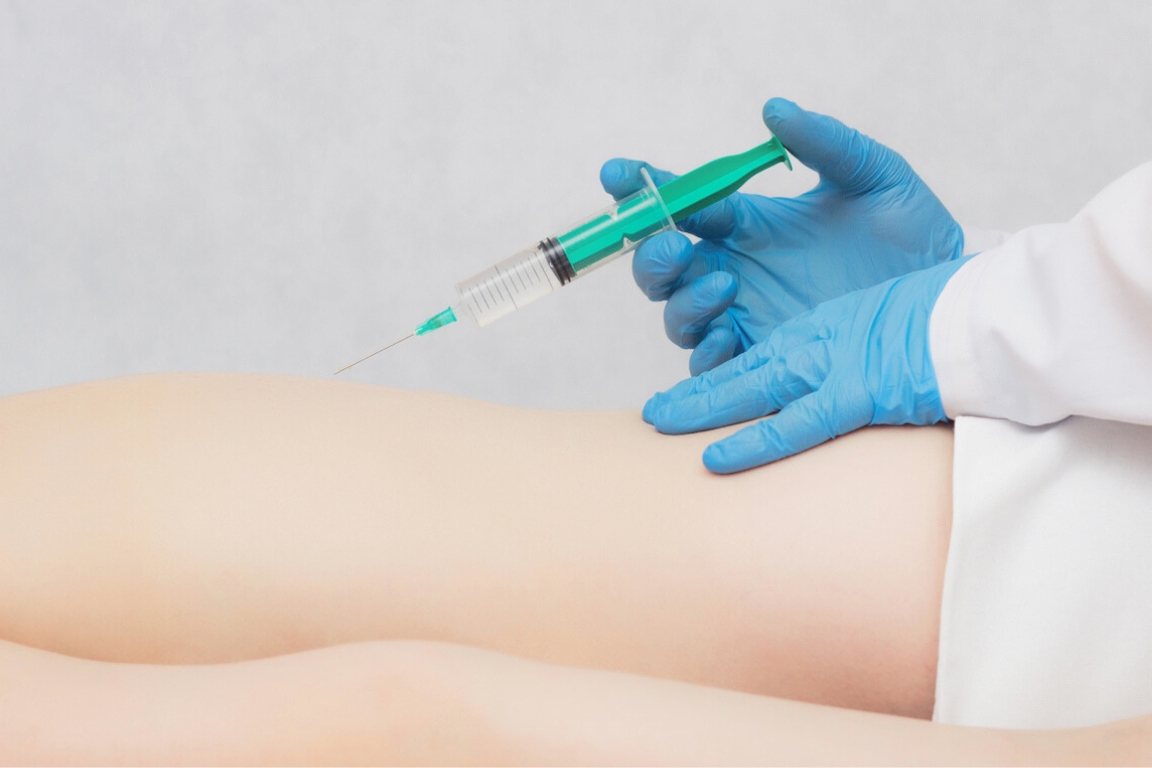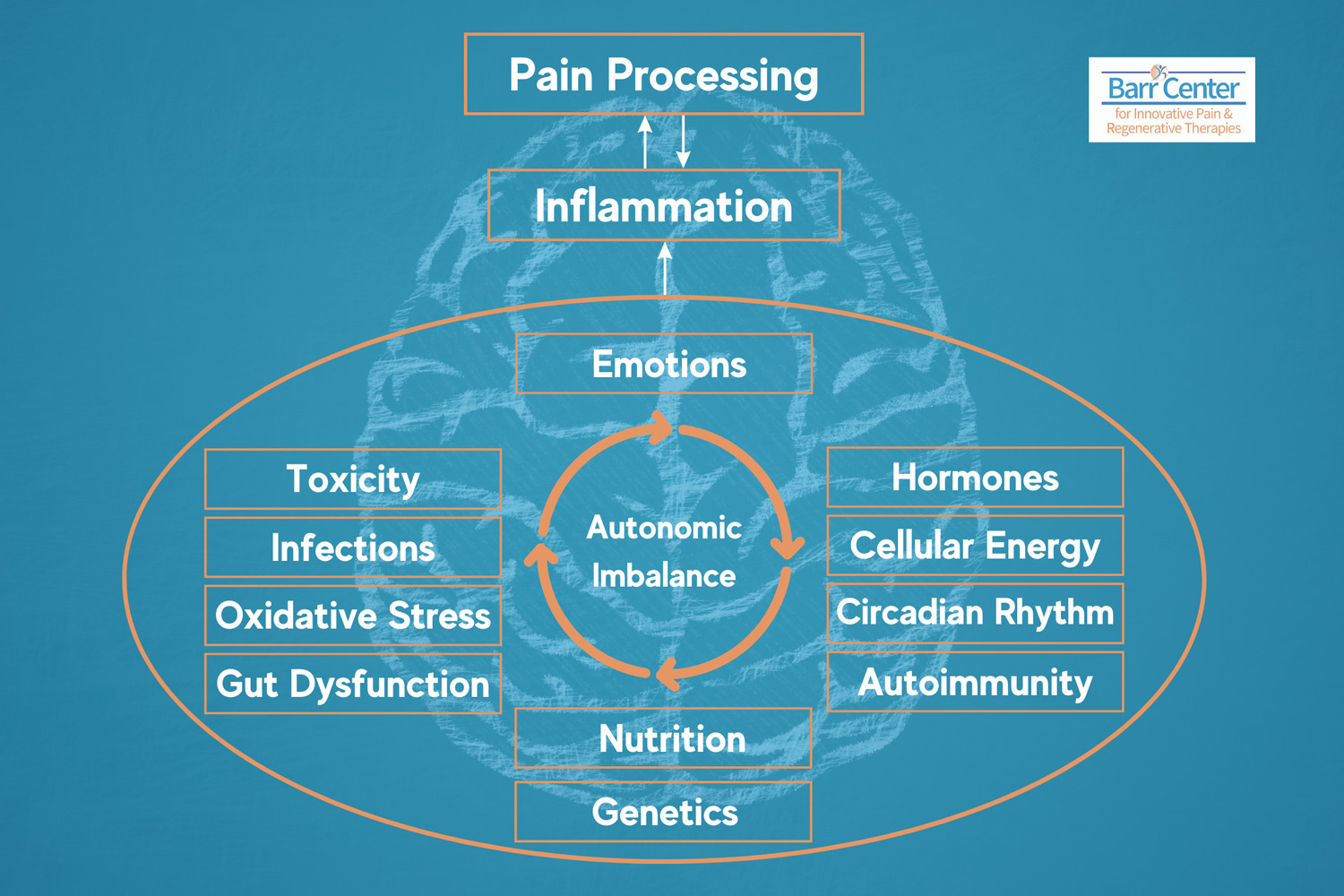
Devoting time to care for yourself each day can go a long way toward protecting the health of your heart. Simple self-care steps – such as taking a moment to de-stress, moving and exercising more, preparing healthier meals and not cheating on sleep – can all benefit your heart.
And that’s a good thing. Heart disease is largely preventable and focusing on improving your heart health has never been more important. Heart disease is a leading cause of death for women and men in the United States, and many Americans remain at risk of getting it, according to the National Heart, Lung, and Blood Institute. People with poor cardiovascular health are also at increased risk of severe illness from COVID-19.
Studies show self-care routines, such as taking a daily walk and keeping doctor’s appointments, will help keep our blood pressure in the healthy range and reduce the risk of heart disease and stroke.
It may be easier than you think to “put your heart” into your daily routine. Each morning, look at your schedule and carve out 30 minutes daily for heart-healthy practices. Take an online yoga class, prepare a heart-healthy recipe, find a quiet space to medicate or schedule your bedtime to get at least seven hours of sleep. Then seek support from others, even if it’s online or via a phone call, to help you stick to your goals.
Consider these tips for help with prioritizing heart health every day:
We hope these tips are helpful. And for help with living a pain-free life, call us for a consultation appointment. At The Barr Center for Innovative Pain & Regenerative Therapies, our innovative and comprehensive pain therapies include interventional spinal procedures, sports medicine, regenerative medicine, functional medicine and mind/body medicine. Since 1988, we have served more than 200,000 patients suffering from painful musculoskeletal conditions.
You can learn more about heart health from the National Heart, Lung, and Blood Institute by visiting www.nhlbi.nih.gov. If you need help finding additional resources to help you cope with stress, talk to a healthcare provider. Seek urgent care if you can’t cope at all or have suicidal thoughts.
Resources are also available at nimh.nih.gov/health/find-help.









